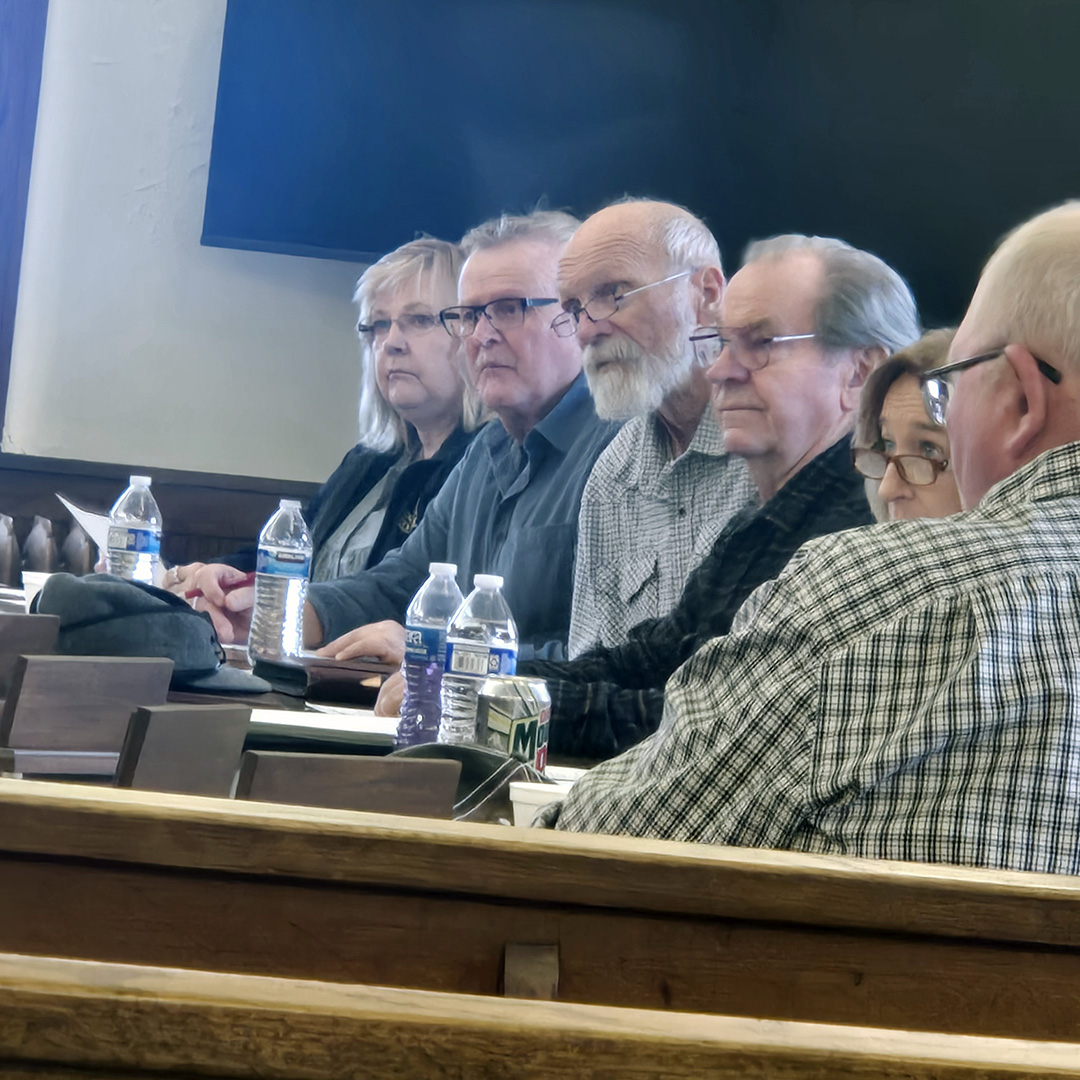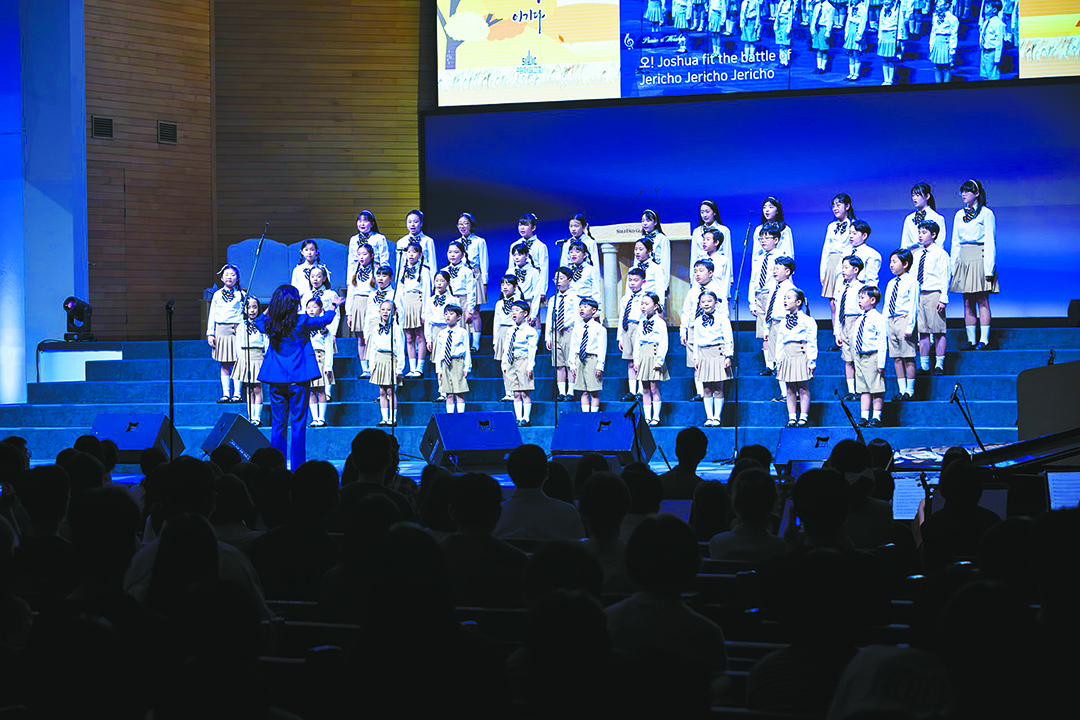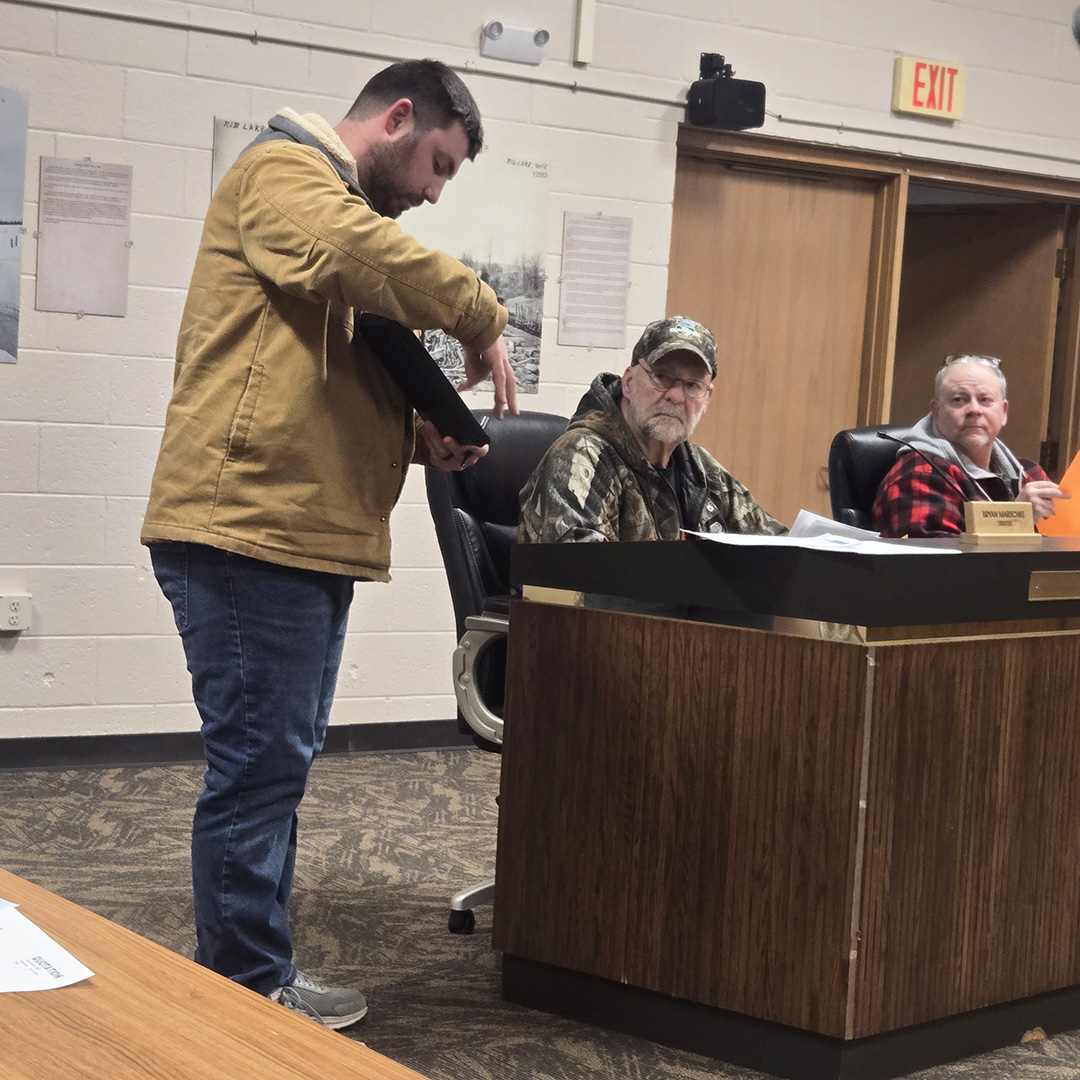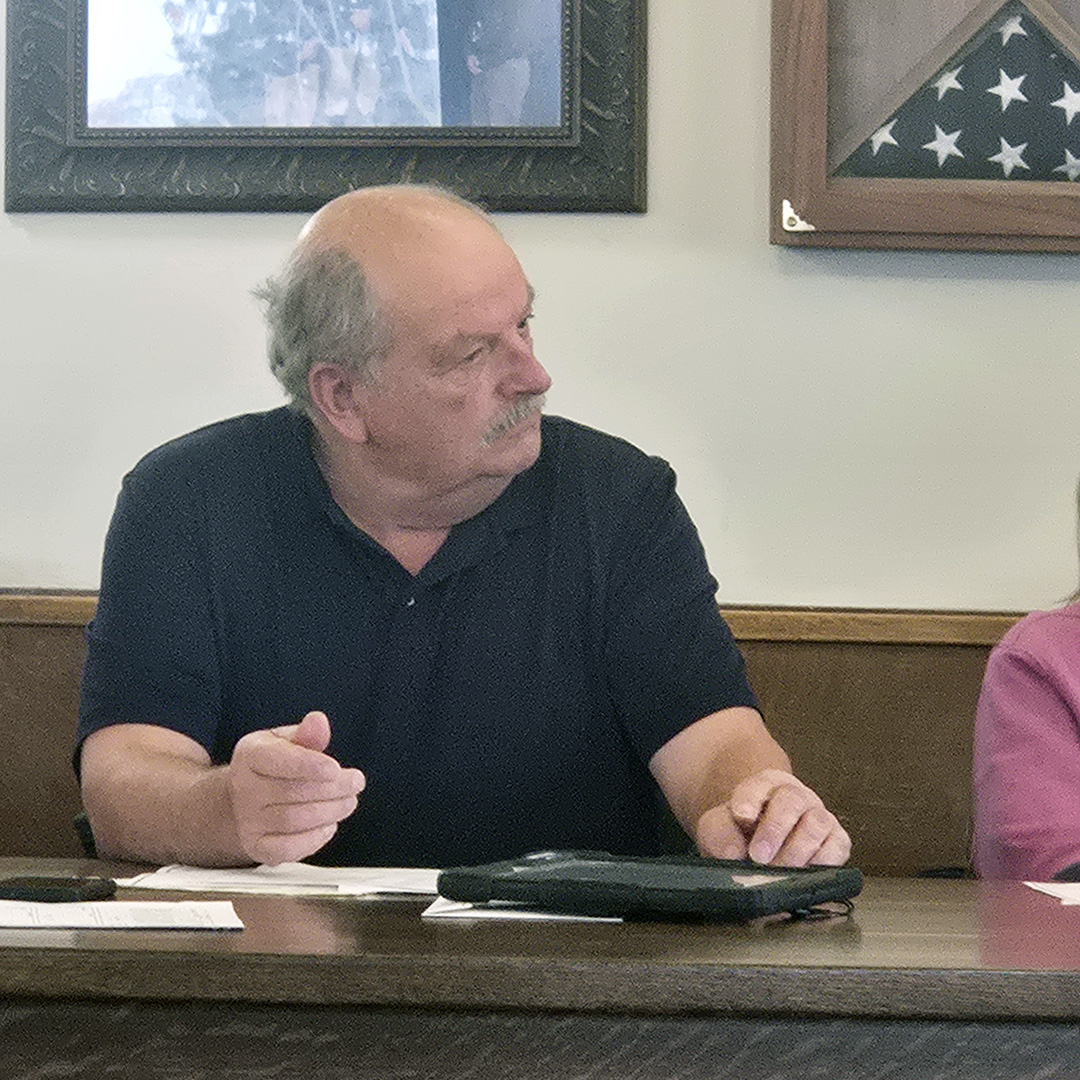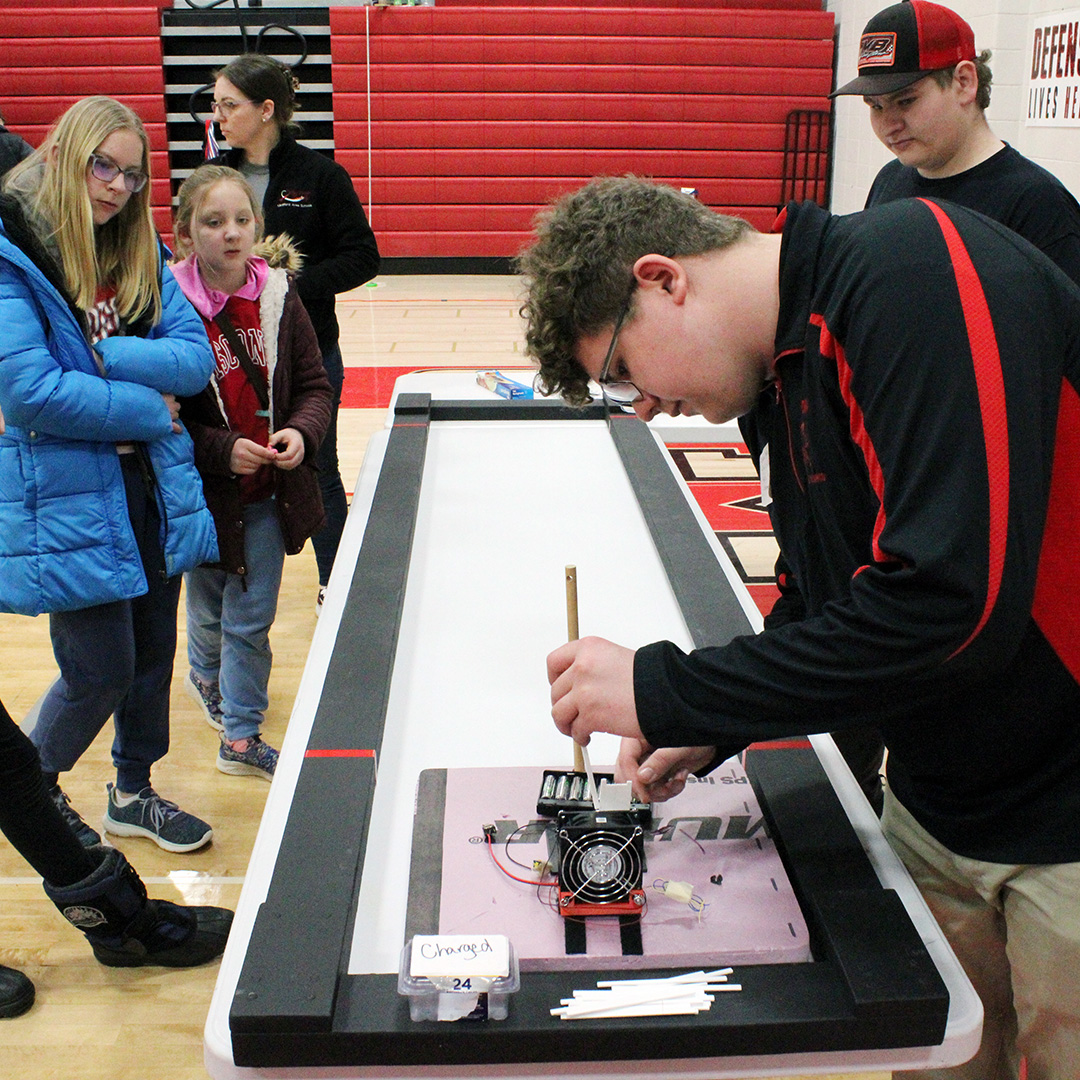Everyone has a niche and an idea, so let them be heard
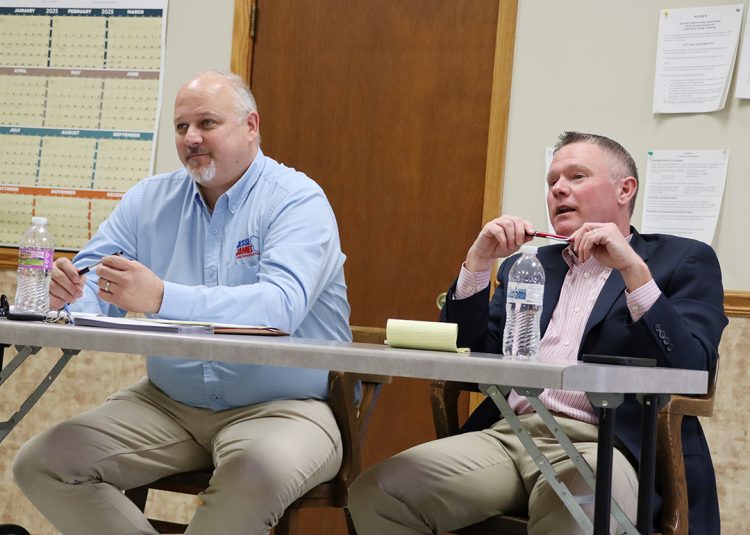

They both have large territories to cover, as part of their assigned districts, but Sen. Jesse James (left) and Rep. Rob Summerfield made sure that those in the Cornell area, had a...
